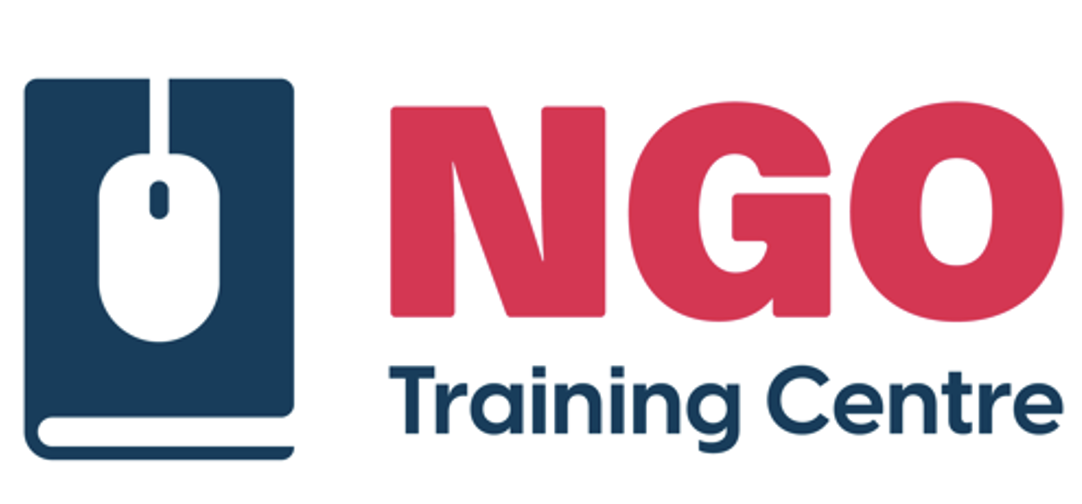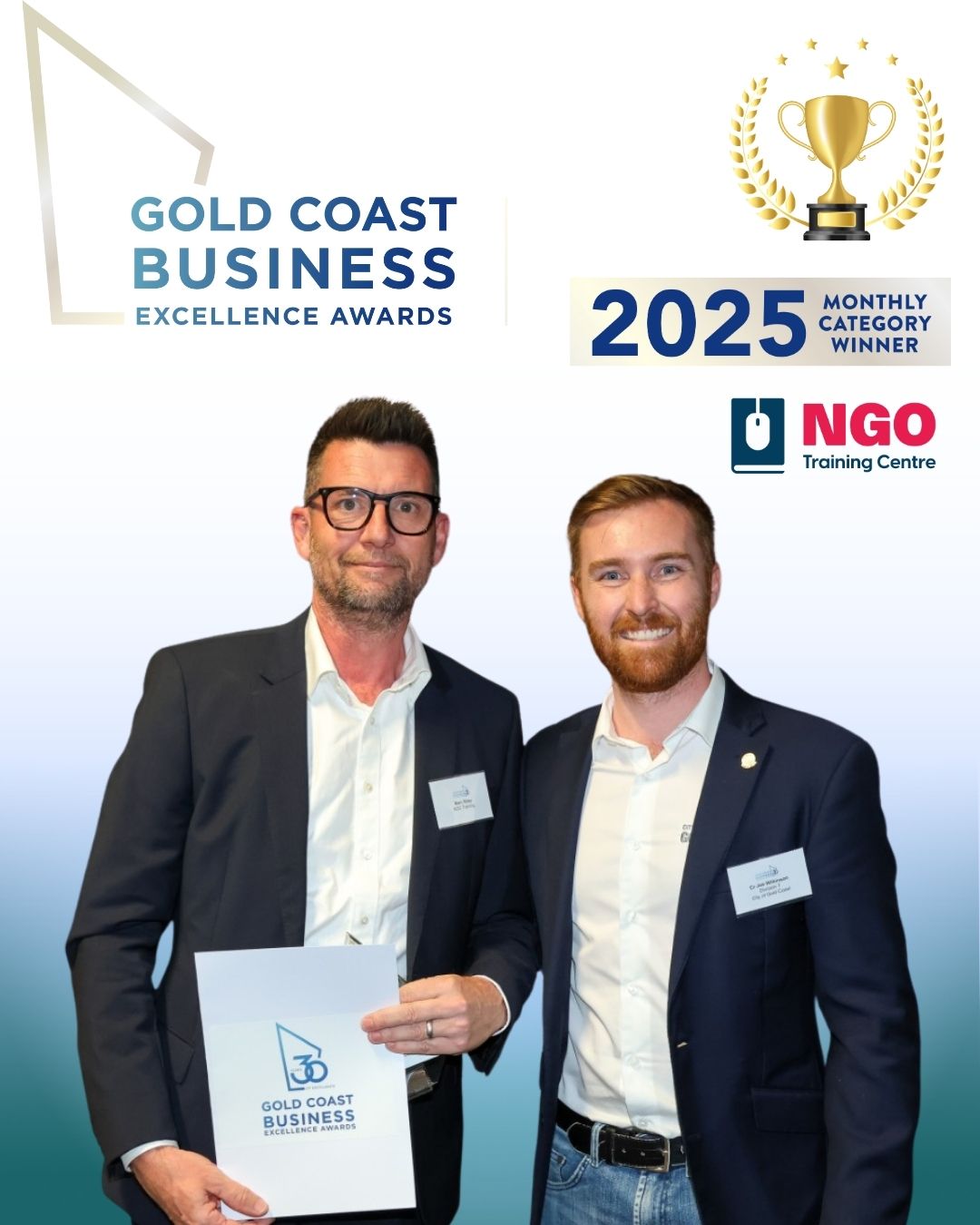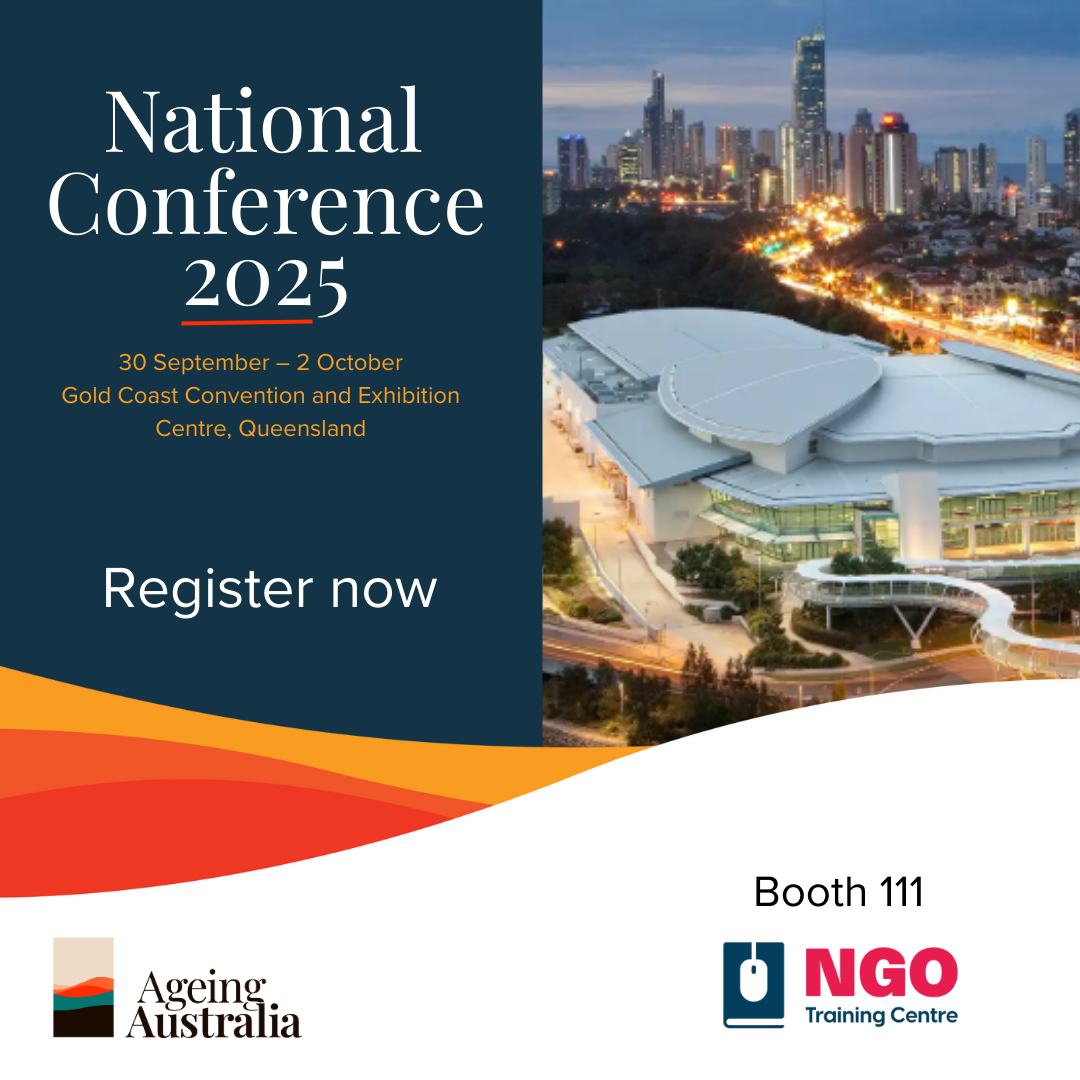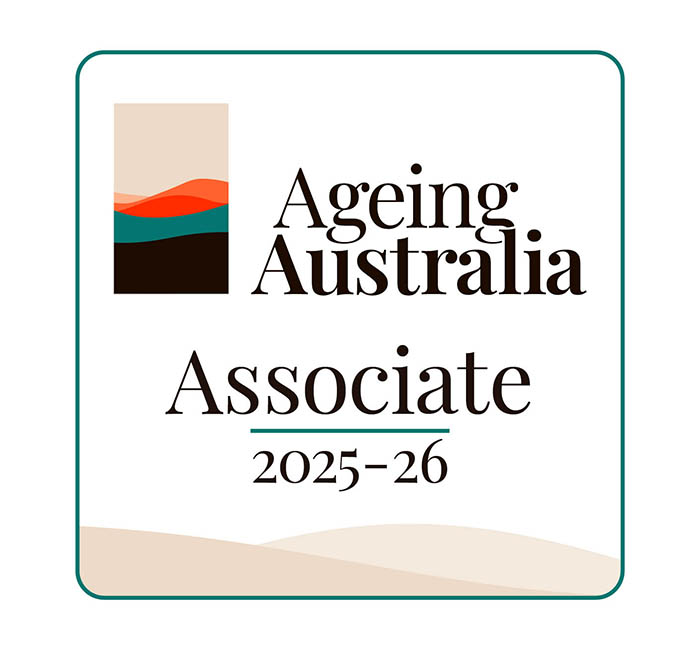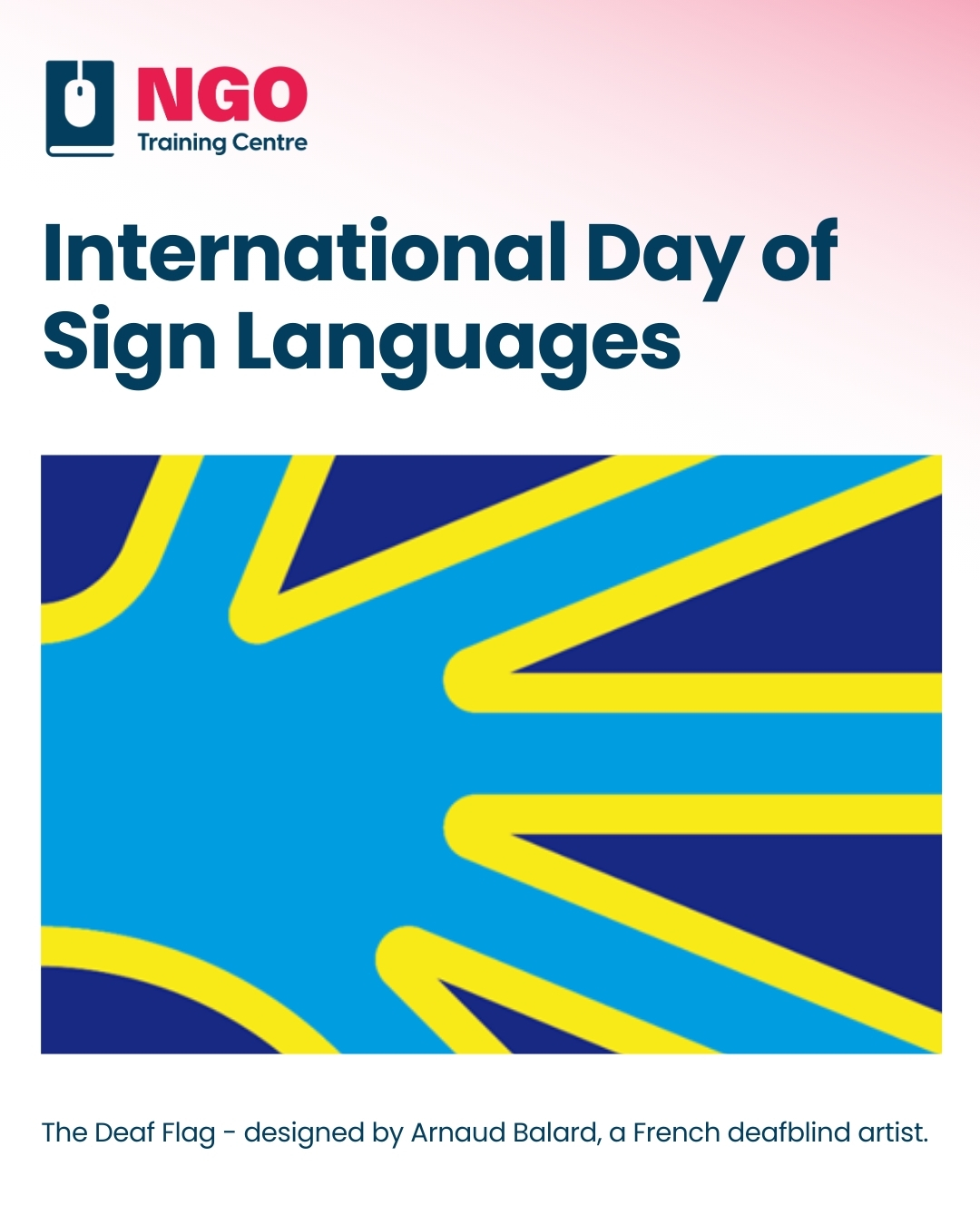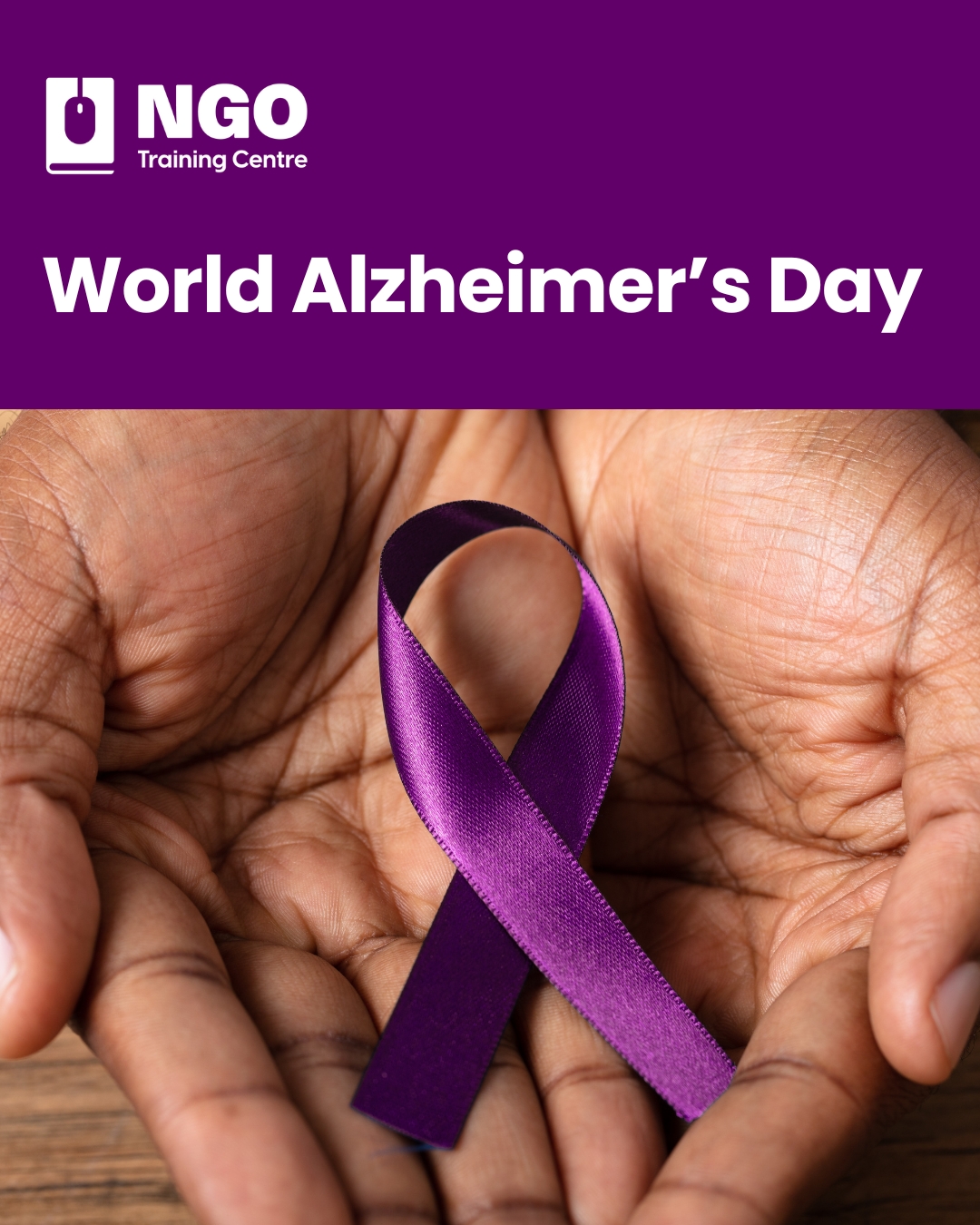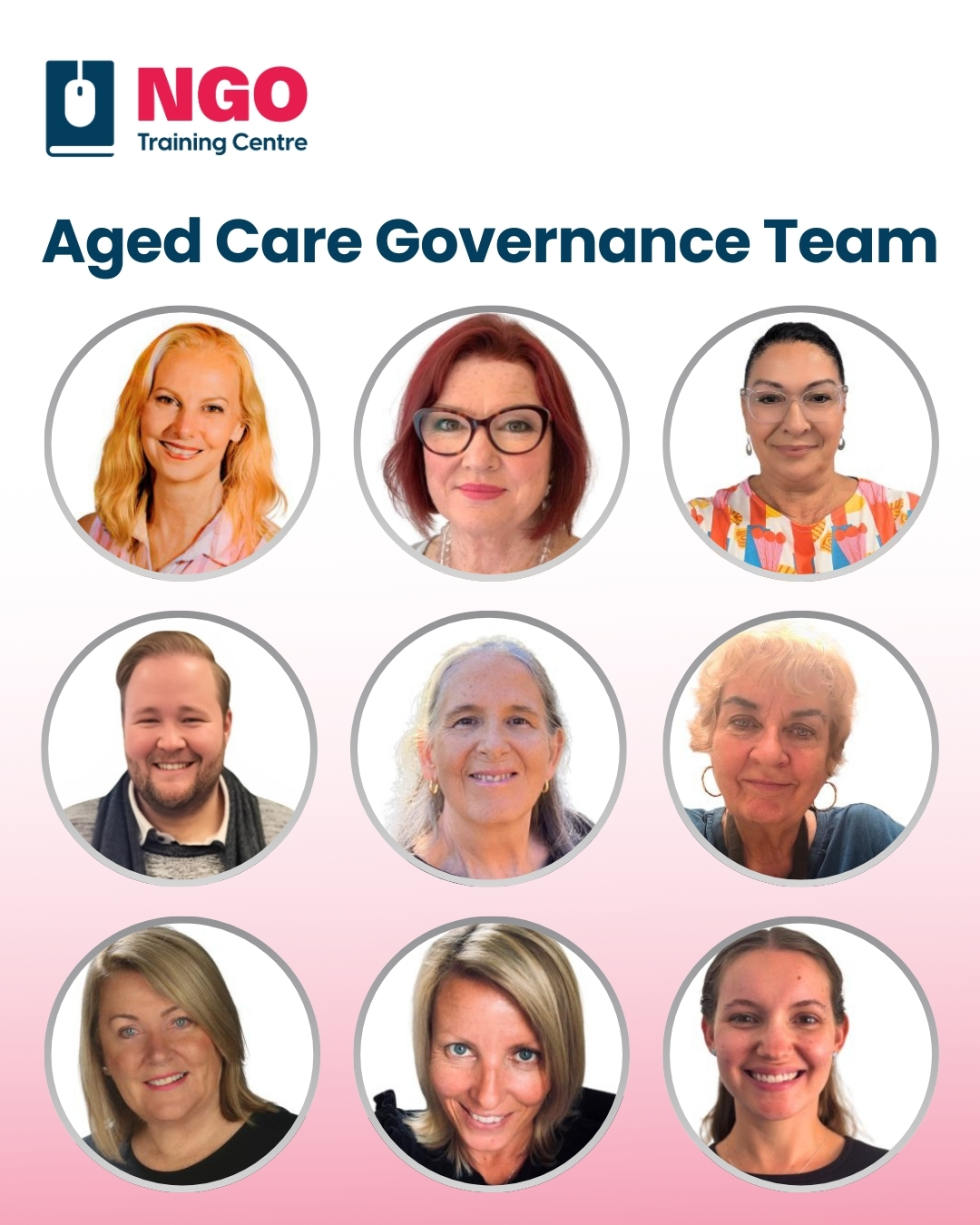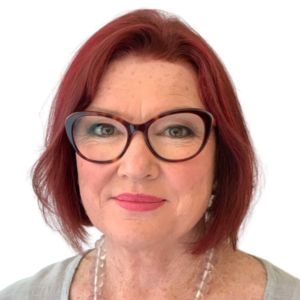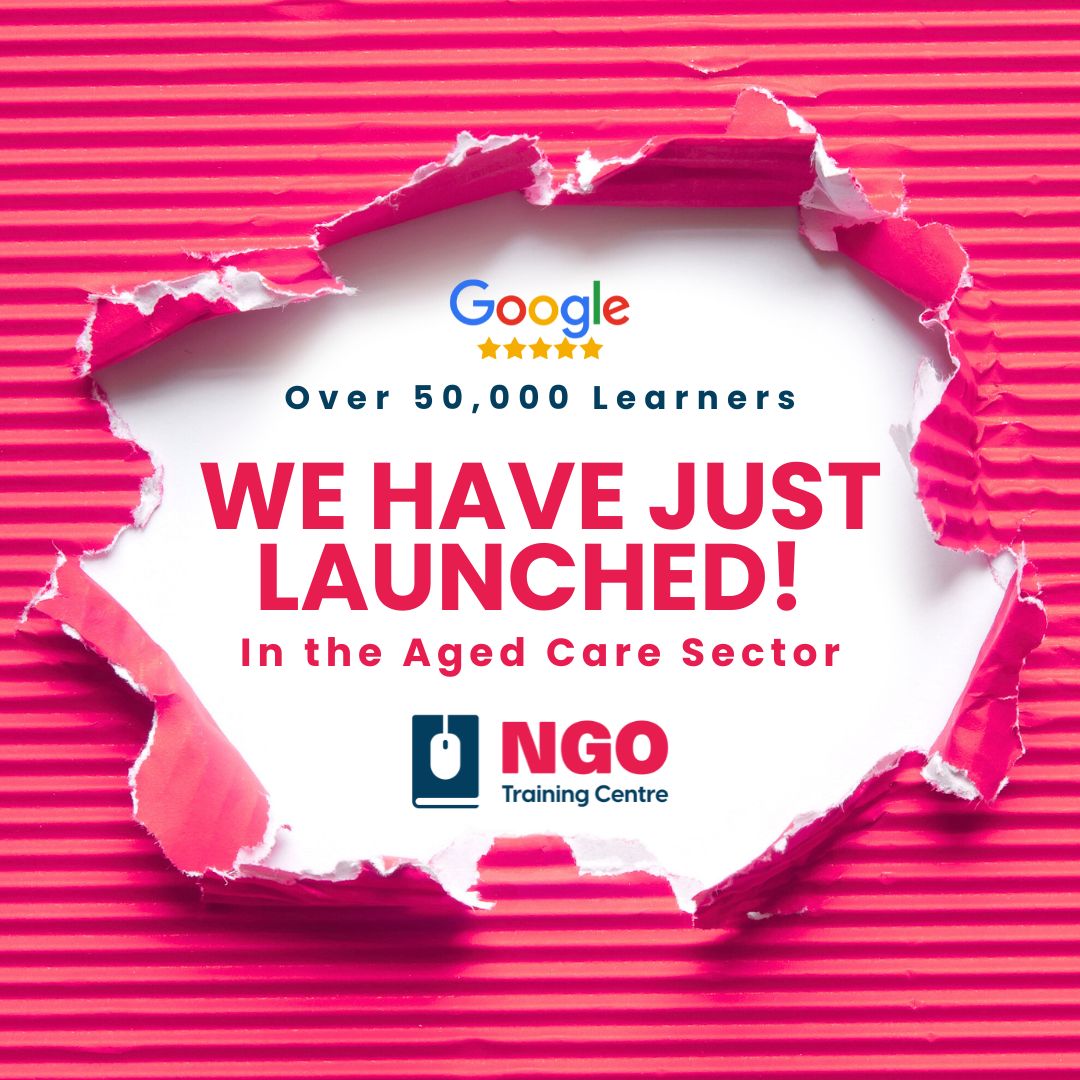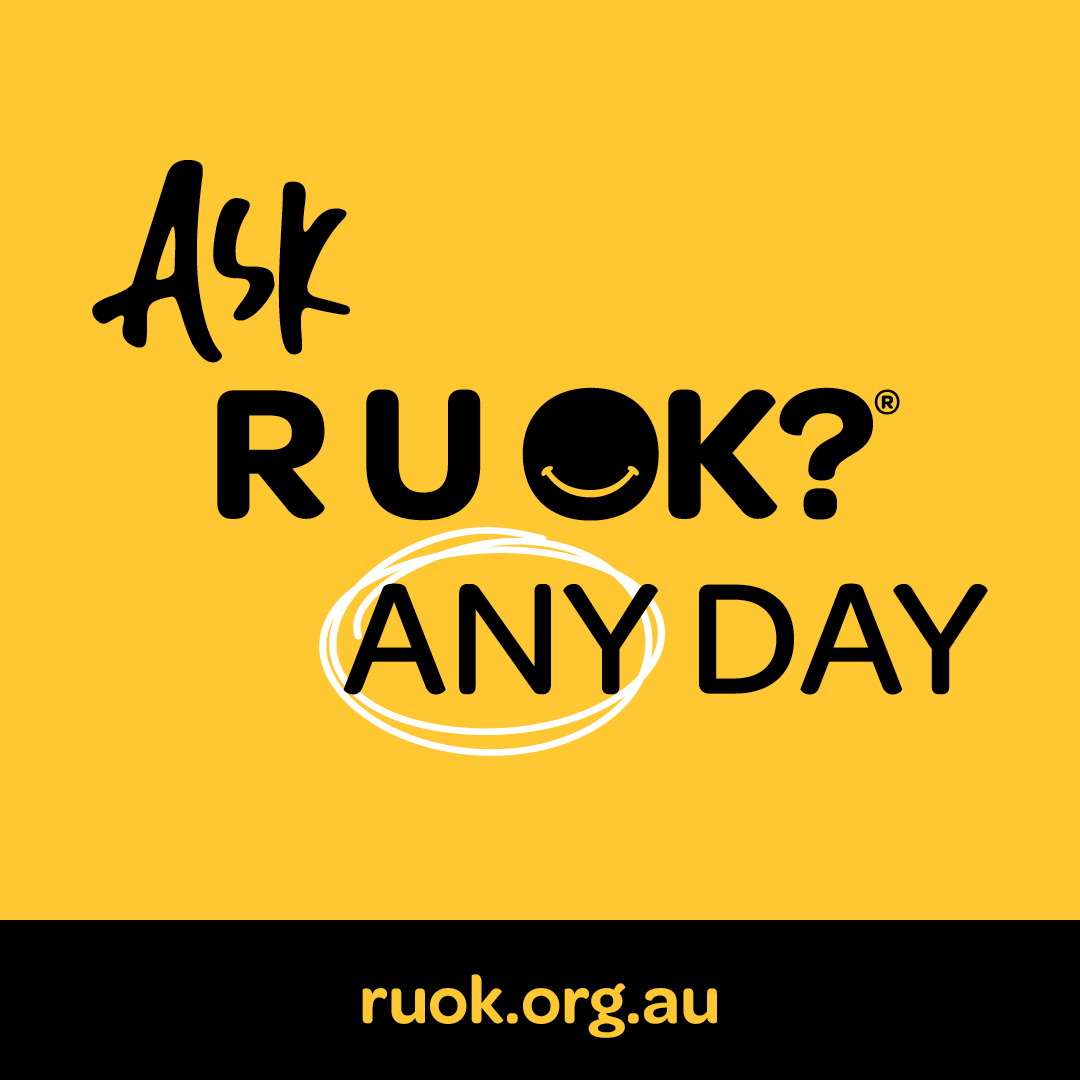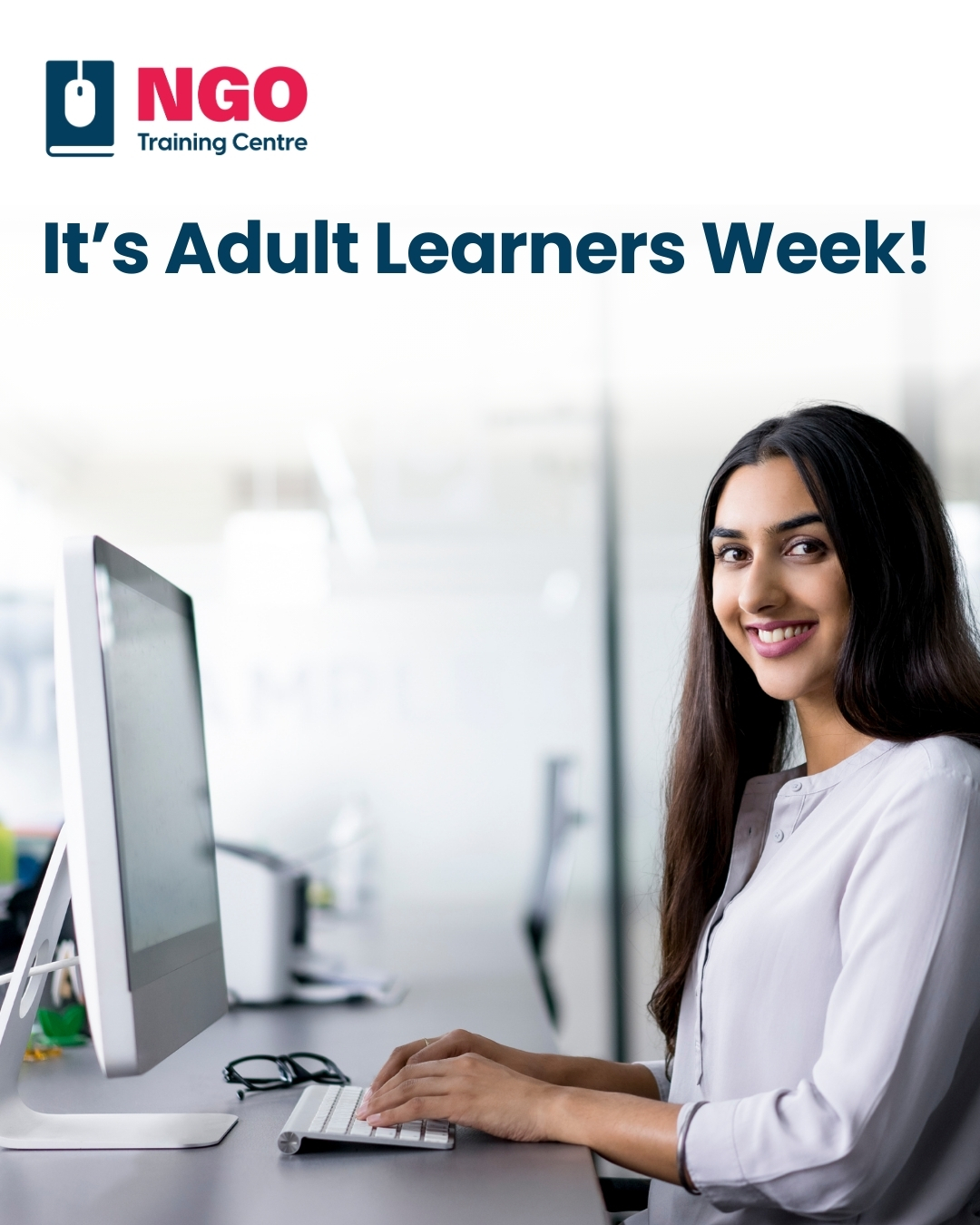Picture this: you’re driving past a bus stop and notice everyone waiting is glued to their phones – scrolling social media, playing games, or watching videos. Now imagine if those precious minutes could be transformed into meaningful professional development instead. With NGO Training Centre’s TalentLMS mobile app, this vision becomes reality for disability support workers across Australia.
Training That Fits Your Life, Not the Other Way Around
The beauty of mobile learning lies in its simplicity and accessibility. Our TalentLMS mobile app is incredibly user-friendly, which is why learners genuinely love using it. The platform increases user adoption and engagement, as learners are familiar with and use mobile apps on a daily basis. Instead of struggling with complicated interfaces, disability support workers can dive straight into their professional development with just a few taps.
Never Let Poor Connection Stop Your Progress
One of the most significant barriers to online training in the disability sector is inconsistent internet connectivity, particularly for workers in rural areas or those frequently travelling between client visits. Our mobile app eliminates this challenge completely. With this world-class mobile app, remote areas with limited connectivity are no longer an obstacle to training. Your learners can access courses stored in the app, complete them offline, and automatically sync their progress when back online.
This offline capability means that whether you’re in a remote location with patchy reception or simply want to conserve data, your professional development can continue uninterrupted. It’s training that truly goes wherever you go.
Turn Idle Time into Career Advancement
Think about the countless moments throughout your day when you reach for your phone – waiting for appointments, during lunch breaks, or commuting on public transport. Rather than mindlessly scrolling through TikTok or playing Candy Crush, disability support workers can now use these micro-moments for meaningful skill development.
This shift from passive consumption to active learning doesn’t just benefit individual workers – it creates a ripple effect throughout the entire organisation. When staff are continuously developing their skills, it directly translates to better client care and improved service delivery.
Boosting Engagement, Completion, and Compliance
The statistics speak for themselves: mobile learning increases participation and completion rates, making training more dynamic. For NDIS providers, this isn’t just about convenience – it’s about compliance, quality care, and organisational excellence.
Higher course completion rates mean your team is better equipped to meet NDIS Practice Standards, reducing audit risks and ensuring participants receive the highest quality support. When workers are engaged with their training, they’re more confident in their roles, leading to improved client outcomes and increased job satisfaction.
A Competitive Edge in Disability Services
While other training providers are still anchored to traditional desktop-based learning, NGO Training Centre is leading the charge in mobile-first education. With a mobile LMS app, teams that are always on the move don’t have to slow down to learn. This approach recognises the reality of modern disability support work – it’s dynamic, mobile, and requires flexible solutions.
The seamless integration between our web platform and mobile app means learners can start a course on their computer at work and continue on their phone during the commute home, without missing a beat.
The Future of Professional Development is in Your Pocket
The disability sector is evolving rapidly, with new regulations, best practices, and client needs emerging regularly. Organisations that embrace mobile learning aren’t just keeping up – they’re staying ahead. By providing your team with accessible, engaging, and flexible training options, you’re investing in their professional growth and your organisation’s future.
NGO Training Centre’s mobile app isn’t just a technological upgrade; it’s a fundamental shift towards more accessible, engaging, and effective professional development. Because when learning fits seamlessly into your life, everyone benefits – workers, organisations, and most importantly, the people with disability who rely on high-quality support services.
Ready to transform those idle moments into professional growth? Experience the difference that truly mobile learning can make for your team and your clients.
You can download and install the app for free:
–
Author: Matthew Crawford, PGCert(Bus)
Matt has over a decade of experience in B2B sales and business development and with a passion for human services, is deeply committed to driving meaningful solutions within the disability sector. His commitment to improving service quality and his deep understanding of client needs make him a trusted partner in advancing the capabilities of organisations that support people with disability across Australia.
![]() We’re absolutely thrilled, proud, and grateful to announce that the NGO Training Centre has won the Gold Coast Business Excellence Awards for September 2025 in the Education & Training category!
We’re absolutely thrilled, proud, and grateful to announce that the NGO Training Centre has won the Gold Coast Business Excellence Awards for September 2025 in the Education & Training category! ![]()
![]()
![]()
![]()
![]()
![]()
